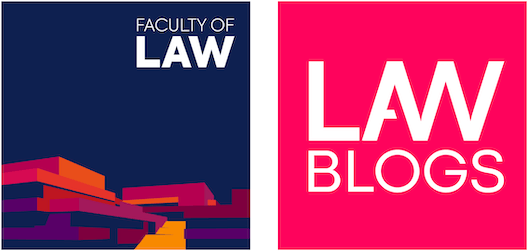Constitutional Morality in the Indian Constitution by Surabhi Shukla
In a talk organised by the South Asian Law Discussion Group, Ms Surabhi Shukla, a doctoral candidate at the University of Oxford, sought to address the difficult question of what constitutes constitutional morality in the Indian Constitution and unpack the complications that lie in locating constitutional morality. The primary discussant was Ms Rishika Sehgal, an MPhil candidate at the University of Oxford.
Posted:
Time to read:
Shukla began by elucidating the pressing need to locate constitutional morality in the Indian Constitution. She argued that while the word ‘morality’ has been used only four times in the Indian Constitution (twice in Article 19 and twice in Right to religious Freedom under Article 25 and 26), it continues to be invoked by the courts in many rights claim cases like surrogacy, speech, sexual orientation. She used the case law on abortion to demonstrate how the most pressing human rights questions in contemporary constitutional practice in India pitches individual human rights claims against religious or cultural morality. She explained how despite the Medical Termination of Pregnancy Act being silent on culture or religion, the court still gave a lot of importance to these values while deciding the claims. Shukla explained that the aim of her research is to locate what the content and contours of constitutional morality is so that in such situations like the case law on abortion, the constitutional morality standard, as opposed to the religious and cultural morality standard, can be employed by courts.
What constitutes constitutional morality?
Shukla sought to trace the origin of this word and explained how it was first used by Ambedkar during the Parliamentary debates. An important case which employed this concept in an innovative manner was the Naz Foundation case which used the concept of constitutional morality to strike down Section 377 of the Indian Penal Code and decriminalise homosexuality. Therein, the court had addressed how constitutional morality and not popular morality should guide the Court’s decision while interpreting the constitution. Shukla argued that that this concept is understudied and there is no agreement over its exact contents and locations. Through her research she aims to propose a methodology to harmoniously read the various sources of constitutional morality and propose certain features of it. At present, the list contains: (1) commitment to liberty; (2) constitutional supremacy; (3) Parliamentary form of government and self restraint; (4) rule of law; (5) equality; and (6) intolerance for corruption, to name a few.
The primary discussant, Rishika Sehgal, questioned why ‘constitutional morality’ should be relevant when (or especially in parts wherein) the constitution does not make a reference to it at all and whether one could say that constitutional morality added anything to the debate without expounding what the concept actually meant. She raised the issue whether the attention should instead be focussed on determining the value of rights like value of ‘Right to equality’. Shukla argued that through her research she aims to provide substantive context/lens to the value of rights (example, equality). She aims to locate the content and contours of this concept so that it can be a helpful aid in interpreting the constitution and providing enduring and legitimate solutions to constitutional law questions.
What are the sources of constitutional morality?
Shukla emphasised that the concept of constitutional morality remains understudied and that there has been no agreement over the exact locations. She focussed on four sources of constitutional morality - (1) Text of the Constitution; (2) Constitutional Assembly debates; (3) Events that took place during the framing of the Constitution; and (4) Case Law History. Surabhi emphasised that her research is not an originalist argument and strongly believed that the key to understanding constitutional morality lay in analysing it as a concept where past and present both played an important role.
A pertinent question raised was that of the nature of the list (content of constitutional morality) and how one could draw the line on the contours of constitutional morality in case of an open or illustrative list. The primary discussant and some of the general participants expressed their concerns regarding judges cloaking their own or popular morality as constitutional morality. Shukla agreed that the concerns were pressing but at the same time they also pointed to why it was necessary to locate the content and contours of constitutional morality as otherwise there was a danger of this concept being ignorantly and dangerously used in courts. Shukla emphasised that through her research, she sought to arrive at a logically coherent methodology to weigh the different sources and this, according to her, would help to define the core set of values of the constitution that ought not to change. She also emphasised (quoting Professor Akhil Reed Amar) that the concept of constitutional morality will give interpreters (judges) yet another set of clues as they search for constitutional meaning and in cases wherein the words of the constitutional clause can be read in different ways, this concept will act as an aid in making the choice.
Share:

